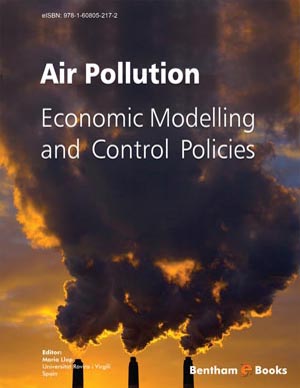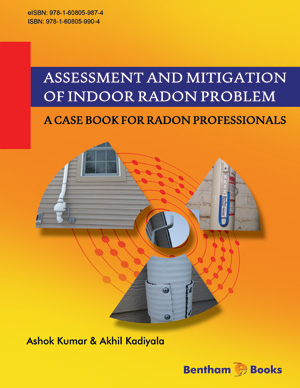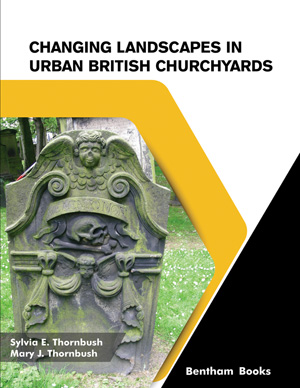Abstract
The starting point of this essay is that today’s ecological challenges call upon enrichment of the discourse concerning biophysical processes with socially inspired reasoning. I further propose that arguing on the grounds of critical realism (which eclectically borrows methodological items from pragmatism and hermeneutics) may fulfil this task. The specific version of critical realism I outline herewith combines a stratified ontology of bhaskarian origin with an equally stratified epistemology descending from althusserian thinking. At the deeper level lay non-observable mechanisms which produce actual events. At a second level non-observable actual events are generated by the mechanisms laying at the deep domain, while observable experience occurs only at the surface layer. Concerning the stratified scientific practice it starts from ‘Generality I’, i.e. elementary information, knowledge and mental representations, while it also involves first ideas and concepts about the real. Apart from genuine knowledge about the real, at this first step ideological burdens are also embodied. To partially discharge the scientific product from ideology, further scientific practice involves ‘Generality II’, i.e. conceptual tools such as statistics, models, and the like. The final output of this endeavour is termed ‘Generality III’ and consists of a theoretical framework relating to the knowledge of the real world out there. Next, I maintain that the scientific edifice comprises interdependent elements such as the objective of study, the research tools, the theoretical framework and a specific jargon, which shape dialectic wholeness. Then, I describe a stratified scheme including general theories describing the biological universe, partial theories which, within general theories, describe specific ecological worlds, and models at different levels of abstraction. Among these latter, theoretical schemata shape one among the many ecological worlds potentially descending from a partial theory, exploratory tools - foremost simulation models - undertake the task to concretize theoretical schemata and then to explore alternative hypothesis, while the low-level generalizations, i.e. the empirical models carry out the description of the experimental data and statistical testing. Accordingly, I conclude, models occupy an intermediate position bridging theoretical abstracta with experimental data by means of a continuous back-forth movement between the theoretical constructions and raw data, which I compare to the hermeneutic cycle.
Exploring the possibility for eclecticisms between critical realism and various empiricist traditions, I first remark that critical realist insights appear incompatible with positivist thinking mainly because, in accordance with the biological practice, the former aims at the development of coherent ex-post explanatory constructions rather than at the construction of ex-ante explanations relaying on the correspondence with the reality. I further conclude that critical realism on the one hand and pragmatism and hermeneutics on the other belong to diverging mental traditions in that the former keeps strongly on the unity of scientific and everyday ideological meanings, whereas, adhering on dualistic grounds, the latter involve irrevocable distinctions among subject and object, abstract and concrete etc., finally endorsing the idea that theory and praxis belong to different realms. Moreover, critical realism is definitively at odds with the idea of transitive causality which is pertinent to empiricist traditions. I maintain, however, that critical realism, pragmatism and hermeneutics share comparable thoughts relating to the independent existence of the real world out there, while they support the idea of socially mediated scientific explanation. Moreover they share comparable ideas regarding the hermeneutic cycle and the need for pluralistic approaches to the scientific phenomenon. Accordingly, I conclude that careful borrowing of instrumental items may strengthen the explanatory power of critical realism as well as the applicability of realist ideas.
Keywords: Ecological modeling, Hermeneutic cycle, Eclecticism.












